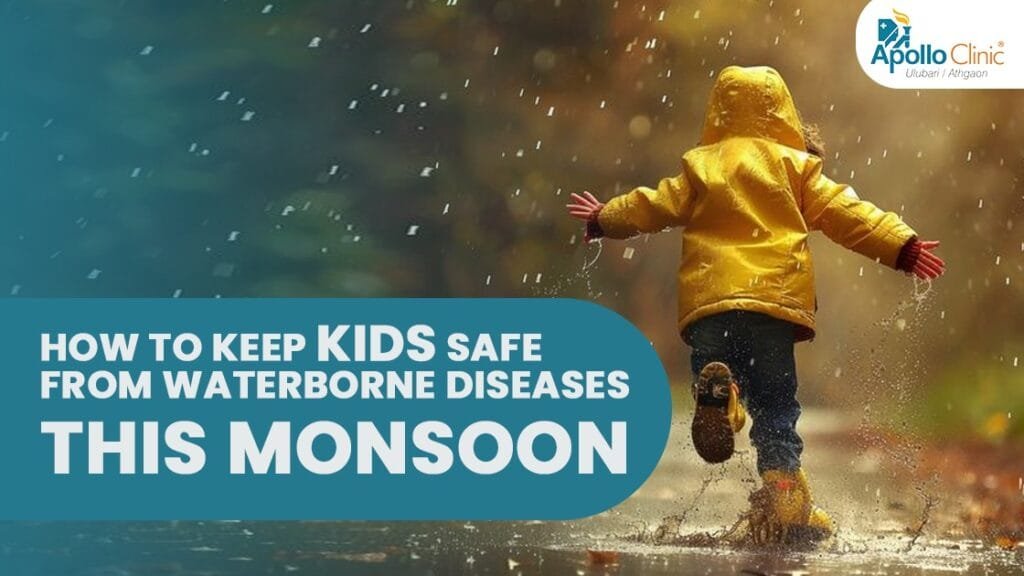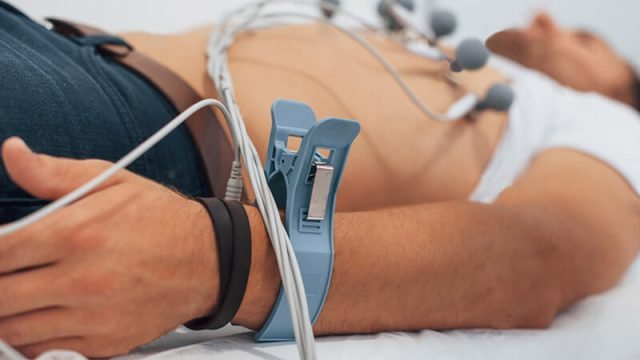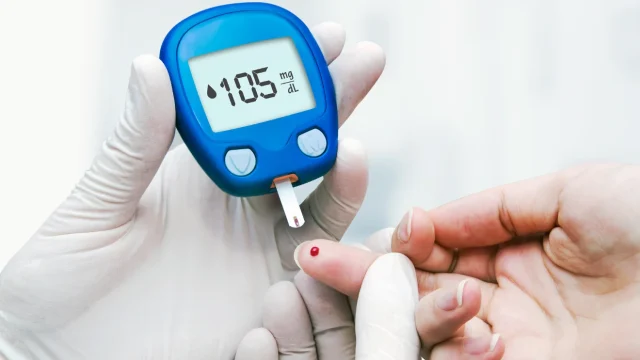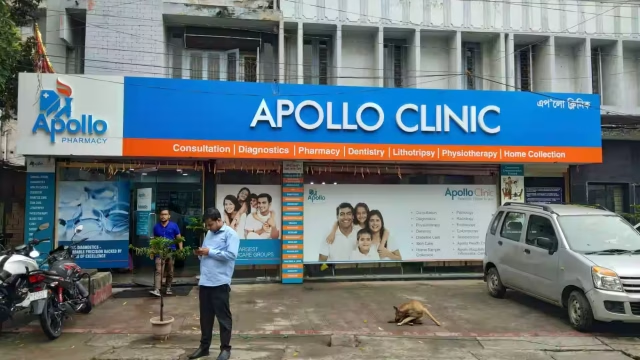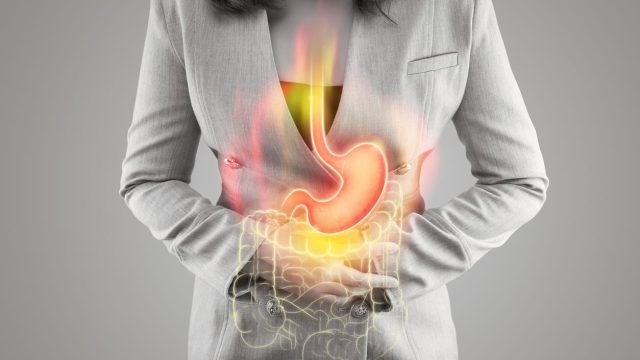Monsoon health tips are not simply seasonal suggestions for keeping children safe during the rains. They are important health considerations for keeping children safely in the water. UNICEF reports that more than 3.5 million children under the age of five die worldwide annually from waterborne diseases. There is a spike in these deaths during the rainy season. In India, diarrhoea, cholera, and typhoid infections peak during the monsoon season due to poor sanitation and unsafe drinking water.
There is a magical quality about the monsoon, the smells, water trickling off roofs, and the sheer enjoyment children have in jumping and splashing through puddles.
Children are more vulnerable in the monsoon because: children are playing more in puddles, children often do not wash their hands properly, and children have immature immune systems compared to adults. With some steps and good judgement, most seasonal infections can be avoided.
In this blog, we will share useful strategies to mitigate risk, enable clear and safe drinking water, and develop better habits on a daily basis to promote healthy children in the rainy season.
What Are Waterborne Diseases?
Waterborne diseases are illnesses that are caused by microorganisms such as viruses, bacteria, and parasites that are transmitted through contaminated or untreated water. These diseases primarily infect the gastrointestinal system, causing illness with symptoms, including diarrhoea, vomiting, abdominal cramps, and in severe cases, dehydration or liver damage. Also, some infections can infect the skin and, in a rarer occurrence, the respiratory system.
In an estimation presented by the World Health Organization (WHO), contaminated drinking water is likely responsible for approximately 485,000 diarrhoeal deaths per year worldwide. Children are even more vulnerable to waterborne diseases not only because they, on average, have weaker immune defences, but they are more likely to put unwashed hands in their mouths, play in stagnant rainwater, and consume unsafe food and drink products.
If untreated, these infections can result in severe dehydration, liver problems or long-term complications. Some common waterborne diseases affecting children during the monsoon include:
- Cholera
- Typhoid
- Hepatitis A
- Diarrhoea
- Giardiasis
- Dysentry
Why Are Children More Vulnerable During the Monsoon?
Monsoon season creates the perfect storm for the spread of infections. Continuous standing water, terrible drainage, overflowing sewage systems, and leaking pipes, combined, can turn our usual environments into bacteria, viruses and parasitic breeding grounds. With such conditions, the opportunity for water contamination significantly increases, as does the threat of disease.
Children are particularly vulnerable at this time. For one, they lack the immune systems of adults. Secondly, children expose themselves to more risk on a daily basis; they may be playing outside in muddy puddles, drinking water mixed up with their classmates and friends at school, or eating food washed with dirty hands. The Ministry of Health and Family Welfare (India) states that almost 90% of waterborne illnesses during monsoon occur in children under the age of 10.
Here’s why kids require extra attention:
- They play outside and are subject to dirty water.
- They are still developing hygiene habits.
- Their immune systems aren’t as strong as adults’.
- Kids drink water from various locations: school, parks and roadside vendors, which are safer.
Signs Your Child Might Be Infected
Identifying the early signs of waterborne diseases in children is crucial for treatment and getting medical care on time. Look for signs of severe symptoms regularly, such as frequent loose motions or diarrhoea, vomiting, stomach cramps, fever, and severe dehydration – dry mouth or urinating less than usual. In some instances, children can appear lethargic or irritable when they are sick. If you notice bile or any of these signs after consuming contaminated water or food, go to a doctor right away.
Some common signs to look out for:
- Frequent loose motions or diarrhoea
- Vomiting or nausea
- High fever
- Stomach cramps
- Loss of appetite
- Weakness or tiredness
Monsoon Health Tips to Keep Kids Safe
Now that you’re aware of the dangers during this season, let’s look at the best ways to keep your child healthy in the monsoon. The rainy season inevitably brings more than just muddy shoes — usually, it also brings infections. Make sure your child drinks clean, filtered water.
Don’t let them eat food from street vendors. You shouldn’t let your child eat anything that is raw and uncovered. Keep your child’s hands clean, clothes dry, and your immune system strong by providing a balanced diet and proper rest. By following a few habits, you can ensure your worry-free enjoyment of the weather!
1. Make Sure Safe Drinking Water is Available
This is your best defense against waterborne illnesses. Here’s how to keep it:
- Boil water before drinking – it kills 99% of bacteria and viruses.
- Use water purifiers in your house and ensure filters are changed regularly.
- When your child goes out, have them carry a water bottle – discourage them from drinking tap and roadside water.
- When you’re using stored water, wash them often.
2. Encourage Proper Hand Hygiene
- Hand hygiene this season cannot be overstated, and I’ll discuss why.
- Encourage your children to wash their hands before eating and after using the toilet.
- When you’re out and about, have a pocket sanitiser ready.
- Turn it into a habit; kids are likely to remember good hand hygiene if they do it with you.
3. Avoid Street Food
We know. Street food is great! But you should really try to avoid it during the monsoon.
- The water used in pani puris, chat and fruit juices is often contaminated.
- Instead, make your own with clean water and ingredients.
4. Dress Smart, Stay Dry
- Wet clothes are a breeding ground for bacteria and fungi.
- Dress your child in light, quick-dry material.
- Also, keep some extra clothes and shoes handy – just in case they get wet.
- If your child comes home wet, dry them off immediately — especially between their toes, armpits, and groin areas.
5. Wash Drinking Utensils and Bottles Daily
- This is often overlooked, but it is very important.
- Washing bottles, glasses, and lunchboxes with warm, soapy water.
- You should rinse them well, so there is no soap residue left in any of your utensils.
- You should sanitise your utensils with a mild disinfectant or vinegar solution once a week.
6. Keep Their Immune System Strong
A strong immune system can eliminate many infections. Here’s how:
- A healthy diet: Including fruits, vegetables, whole grains, and proteins.
- Hydration: Coconut water, lemon water, and homemade soups are all hydration-friendly fluids.
- Vitamins: Either on the suggestion of your health care provider, take either Vitamin C or probiotics for gut health.
7. Never Let Them Play in Dirty Water
- While jumping in puddles is fun, dirty water may lead to a level of infections.
- Explain to your child that jumping in puddles has risks and simple words.
- Provide safe indoor activities or have playdates at your home.
- If they persist, allow play while you supervise and make sure they are bathed afterwards.
8. Keep Hygiene in the House
- Your home is supposed to be the safest place for your child.
- Make sure to use disinfectant wipes on the floor, especially if it is damp.
- Make sure the bathrooms stay dry and clean every day.
- Dispose of rubbish responsibly to avoid rubbish issues with flies and mosquitoes, especially after storms.
9. Use Mosquito Nets and Mosquito Repellents
- Most monsoon diseases that children can catch will be waterborne as well if they are in stagnant water.
- Make sure to sleep under mosquito netting.
- Use repellent creams or sprays.
- Check for stagnant water in pots, coolers, or balconies.
10. Keep School bags and Shoes Dry
- No child is going to be happy with wet bags and wet shoes, which are also unsanitary.
- So, air out the bags and shoes every evening.
- Keep the wet clothes or wet materials out of the bags.
- Use silica gel pouches to help keep moisture levels down.
Prevent Child Infections Before They Begin
The best infection prevention is the best insurance. Here is a quick checklist:
- Teach personal hygiene habits early
- Always use boiled or filtered water for everything – drinking, cooking, brushing
- Clean utensils and storage jars regularly
- Don’t skip treatment for any small symptoms
- Ensure you vaccinate your child for the common monsoon diseases
- Keep a list of emergency medical numbers available
When to See a Doctor?
Always seek advice from a healthcare practitioner when your child:
- Has symptoms lasting more than a day
- Has excessive weakness or drowsiness
- Refuses to eat or drink
- High-grade fever, blood in stool
Delays in treatment may lead to complications. Don’t second-guess — if you are unsure, go to the clinic.
Safe Drinking Water is Non-Negotiable
This point is worth reiterating! Whether at home, school, or on vacation, safe water is the basis of safe and healthy living during the monsoon.
Some additional tips are:
- Store drinking water in covered containers.
- Avoid the use of plastic bottles if you can, and use stainless steel or glass containers instead.
- If residing in a region where your water quality is poor, be sure to buy UV or RO filtration systems.
Busting Myths Around Waterborne Diseases
There is a lot of misinformation out there. Let’s verify some of it:
1. Myth: Clear water is safe to drink.
Fact: Clear water can still have harmful microbes in it.
2. Myth: Boiled water is always acceptable.
Fact: Yes, if you store it in clean containers!
3. Myth: Illness only comes from dirty places.
Fact: Even a clean, well-kept home can be at risk if the water source is compromised.
Conclusion
As parents, we know that nothing is more important than our child’s health, especially in monsoon season when infections and waterborne diseases are ramping up. The worry of fevers, stomach bugs, or any sudden illnesses can feel overwhelming and lead to parental anxiety. You are not in this alone.
Our team of paediatric experts at Apollo Clinic, Ulubari can help: With years of experience working with children and their health, they know how to work with the needs of a young immune system. They’ll guide you with the appropriate precautions, timely care, and effective treatments should these things happen. If it means early symptom detection or building your child’s immunity, or even if you just have questions, we can help!
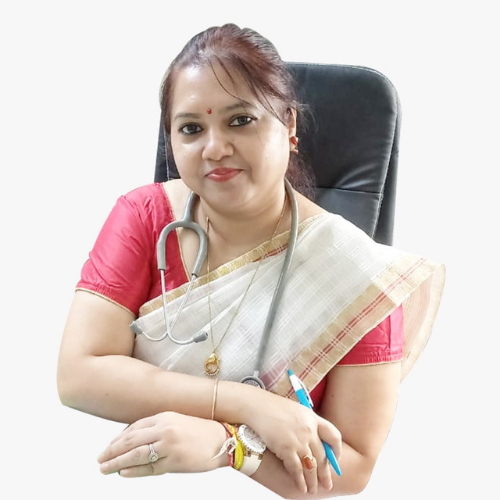

If you are looking for safe, trusted, and expert care and support during this monsoon season, act now.
Call us today at +91-9085612000 to schedule your paediatric specialist consultation.




